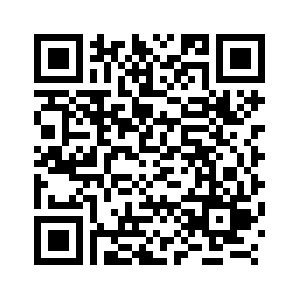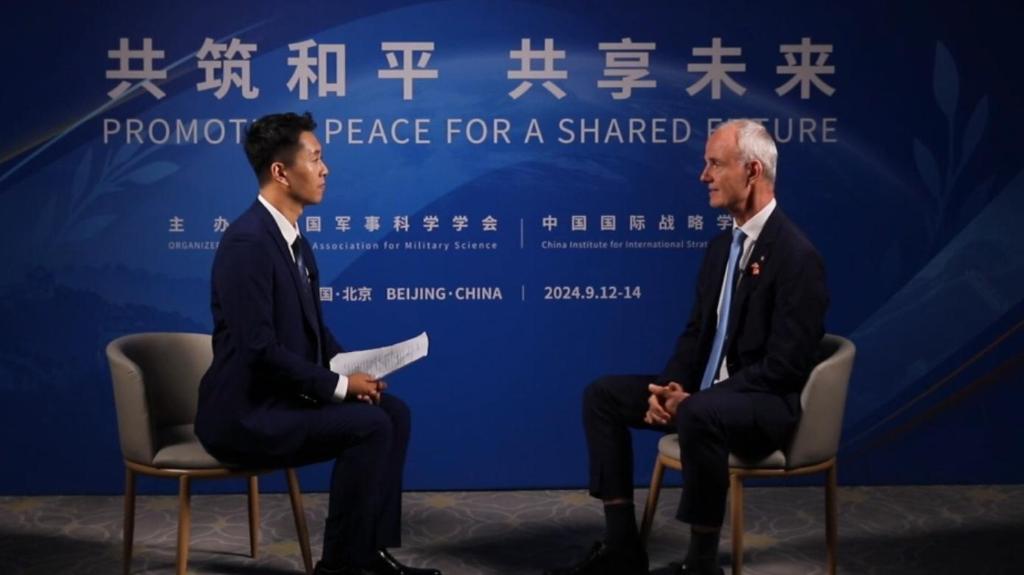China called on the U.S. and other nations to heed the international community's legitimate concerns and promptly lift all unlawful unilateral sanctions against developing countries.
GENEVA, Sept. 15 (Xinhua) -- "To my regret, sanctioning states deny the existence of the humanitarian and often disastrous impact of unilateral sanctions," said Alena Douhan, the United Nations (UN) Special Rapporteur on the negative impact of the unilateral coercive measures, during an interactive dialogue at the 57th session of the UN Human Rights Council (UNHRC) here on Friday.
In her report submitted to this session of the UNHRC, Douhan said that unilateral sanctions imposed by the United States and other countries on China violate international law, negatively affecting the human rights of the Chinese people and causing spillover effects.
She welcomed China's use of necessary administrative and legal measures in response and called for systematic monitoring and assessment of the adverse human rights impact of unilateral coercive measures.
In recent years, the U.S. has introduced a series of unilateral coercive measures against China, such as restricting the export of semiconductors and key technologies and sanctioning certain Chinese companies.
Globally, the U.S. has imposed widespread economic and financial sanctions on countries like Iran, North Korea, Russia, and Venezuela, restricting their trade, energy exports, and banking activities. These measures aim to influence the policy directions of these nations through isolation and pressure.
As a concerned party in the report, China expressed its appreciation for Douhan's findings. The Chinese representative pointed out at the interactive dialogue that unilateral sanctions, which China has always firmly opposed, seriously violate the purposes and principles of the UN Charter, breach the basic norms of international relations, and gravely infringe on human rights.
The Chinese representative further asserted that the U.S. frequently abuses long-arm jurisdiction under domestic law, using the pretense of democracy and human rights to conceal its actual violations, despite its own poor human rights record. China called on the U.S. and other nations to heed the international community's legitimate concerns and promptly lift all unlawful unilateral sanctions against developing countries.
Several representatives from developing nations echoed Douhan's report, aligning with China at the interactive dialogue in condemning the U.S. and other Western countries' widespread use of unilateral sanctions.
The representatives of Russia and Venezuela pointed out that the unilateral sanctions imposed by the U.S. are a blatant interference in the internal affairs of other countries. Such actions are not motivated by respect for freedom, but rather an attempt to use lies and coercion to gain an advantage in unfair competition.
The Cuban representative highlighted that the longstanding U.S. blockade has had a profoundly negative impact on the lives of the Cuban people, with frozen funds that could have been used to meet the country's food and medical needs. Additionally, Cuba's re-designation on the State Sponsors of Terrorism list is unjustifiable both morally and legally.
The Zimbabwean representative pointed out that although certain unilateral sanctions claim to target only the governments of specific countries, their effects extend to large numbers of ordinary citizens and businesses, with repercussions spreading to neighboring countries and other regions worldwide. Unilateral sanctions directly undermine the political, economic, and social stability of nations and hinder the achievement of sustainable development goals.
The Belarusian representative pointed out that certain Western countries use unilateral sanctions as tools to achieve geopolitical objectives, causing catastrophic impacts on the populations and business environments of sanctioned countries. These sanctions severely violate human rights and breach international law.
The Iranian representative called for greater attention to the broader scope and cumulative humanitarian costs of unilateral sanctions. Iran also supported the Special Rapporteur's proposal to establish a universal, inclusive, comprehensive, systematic, transparent, and evidence-based monitoring and impact assessment mechanism for these sanctions.
The representatives of Laos and Cambodia pointed out that unilateral sanctions obstruct efforts to eradicate poverty and achieve sustainable development goals. They severely impact fundamental human rights, including the right to development, and undermine the norms of international diplomacy and cooperation.
The representatives of Palestine and Syria noted that growing evidence indicates that the humanitarian consequences of unilateral sanctions are becoming increasingly severe. These sanctions are causing difficulties for UN humanitarian efforts, exacerbating poverty and hunger, and making the most vulnerable groups even more fragile.
The representatives of South Africa and Togo pointed out that unilateral sanctions violate the UN Charter, the Universal Declaration of Human Rights, and international humanitarian law. They emphasized that international cooperation and constructive long-term dialogue remain the most effective means of resolving disputes.
The Non-Aligned Movement, the African Group, the Like-Minded Group, and the Group of Friends in Defense of the UN Charter, among other developing countries, also expressed similar positions. ■











